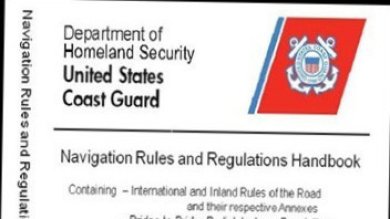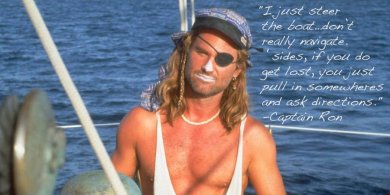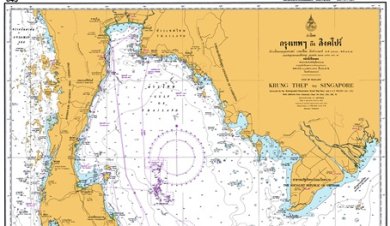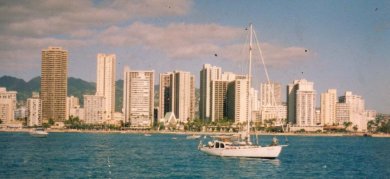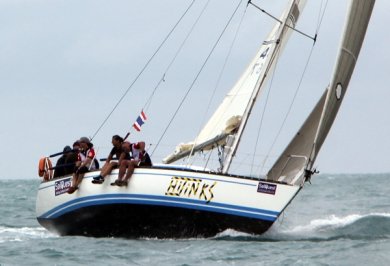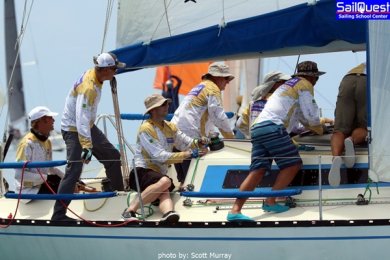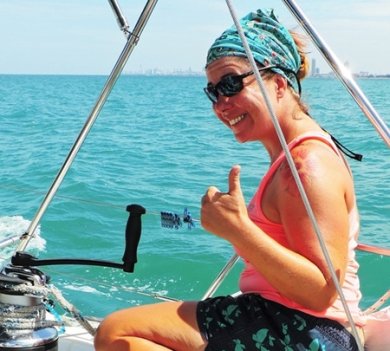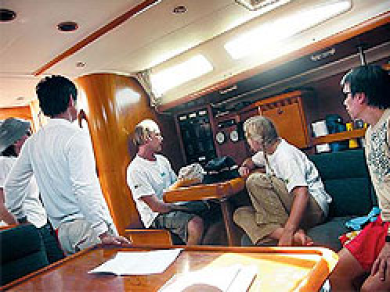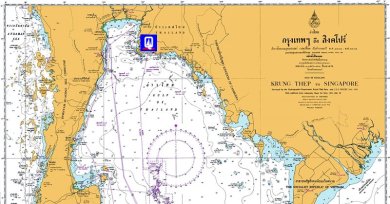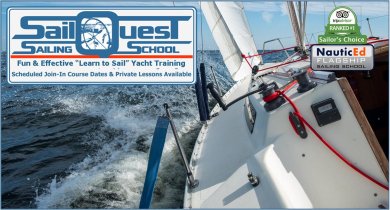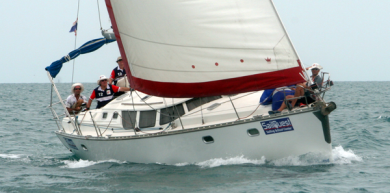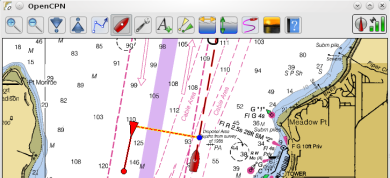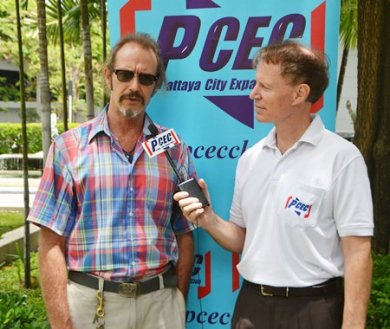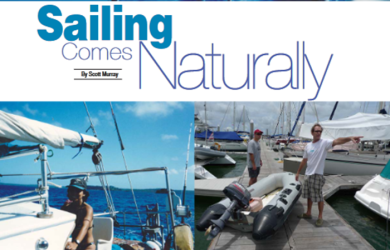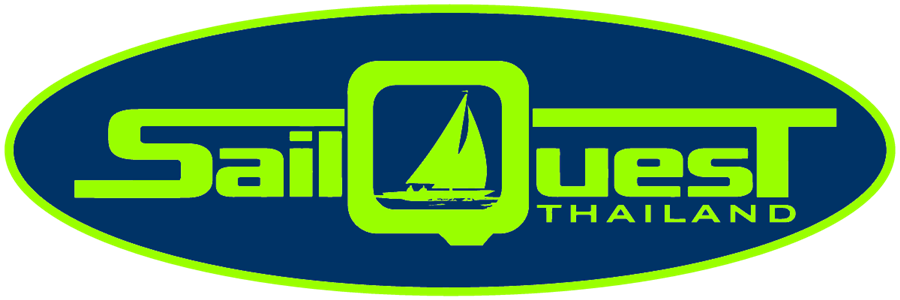Professional Level Qualifications
Professional level qualifications are typically a government requirement for captains and often crew members working on commercially registered vessels. Professional level qualifications are often required by insurance companies for crews aboard high-end mega-yachts or when insuring privately owned sail and power yachts for offshore, international cruising or yacht delivery.
To work as a professional captain or crew in your country, you must hold the appropriate and legally required licenses. For example, in the USA to legally operate a commercially registered vessel (commercial registration is a requirement for any vessel taking paying passengers or customers) you need a Merchant Marine Credential (MMC) otherwise know as a Captains License, issued by the USCG and the Department of Transportation. To qualify to sit for the exam you must be a US citizen or permanent resident, have a clean record on the FBI report and be able to demonstrate a minimum of 720 days of active and verifiable seatime (the entry level “Six Pack” captains license, aka OUPV - Operator of Uninspected Passenger Vessels, requires 360 days of logged sea-time).
The written exam is in 5 sections:
- Rules of the Road Practice Test
- Navigation General Practice Test
- Navigation Problems Practice Test
- Deck General Practice Test
- Deck Safety Practice Test
When requirements are met and exams passed, a Merchant Marine Captains License is issued with limitations on the size of vessel, based on previous, documented experience, from 25 gross tons up to unlimited tonnage.
It is worth noting that while the exam can be challenging, it can take many years to log 720 days of confirmed seatime. The USCG understands that there is no substitute for on-the-water experience for anyone who will be handed the "loneliness of command" and be responsible for the ship, her crew and passengers, under any and all possible circumstances.
In addition to required government issued licenses, there are several private organizations who issue "professional level" captain, mate, engineer and crew qualifications. International Yacht Training (IYT) and the Royal Yachting Association (RYA), for example, both offer a line-up of professional training courses and certificates for those working in the yachting industry. These certificates do not replace national and local government requirements, although some governments do accept IYT, RYA, etc. certificates for some types of commercial operation.
Ultimately, however, it is the insurance companies who mandate and accept the standards of these privately issued qualifications in an attempt to ensure properly trained and qualified individuals are in command and in the engine rooms and up on deck of the sail and power yachts they insure.
Generally speaking, professional level qualifications, both government and privately issued, require a much larger commitment from the applicant when compared to recreational yachting qualifications. In particular, seatime requirements tend to be higher, sometimes much higher and the examination and evaluation process will be significantly more in-depth.

.png)

